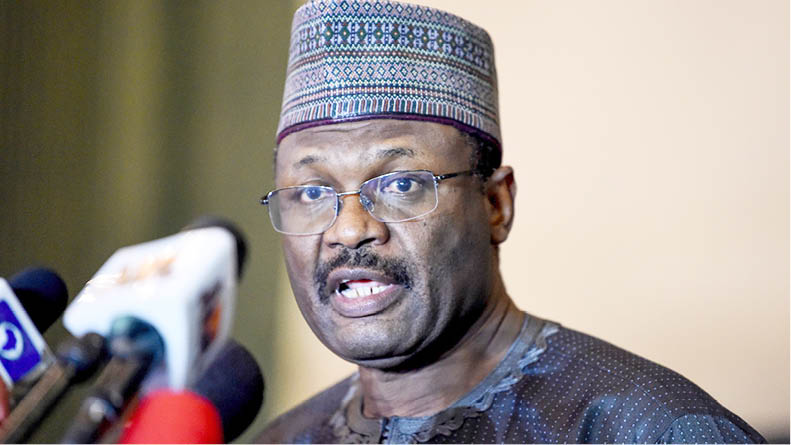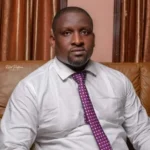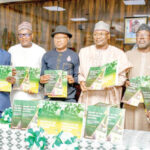The Independent National Electoral Commission (INEC) has created 56, 873 new Polling Units (PUs) across the country. The last exercise was done 25 years ago.
The electoral body has also removed 749 polling units (PUs) from inappropriate facilities, with nine of them from shrines and several others from religious places, palaces and private properties.
- 2023: Why Masari opted for retirement, Ganduje active politics
- NDPHC, Ministry partner on hydropower projects
The chairman of the commission, Prof. Mahmood Yakubu, who announced this Wednesday in Abuja, said from the initial 119,973, Nigeria now has 176,846 PUs. He said new PUs followed the conversion of the existing voting points (VPs) to PUs
Lagos topped the chart with 13, 325, Kano second with 11,222 and Kaduna State third with 8,012 polling units.
It could be recalled that the last time PUs were created in the country was in 1996 by the defunct National Electoral Commission of Nigeria (NECON). Daily Trust reports that three attempts to create additional polling units were unsuccessful following agitation by various interest groups. The last attempt was in August 2014 when Professor Attahiru Jega was the chairman of the commission.
Yakubu noted that the history of creating and expanding PUs in Nigeria has been long and complex and that their adequacy and accessibility in terms of number and location across the country were some of the challenges that have to be addressed in the interest of credible elections.
The INEC boss said, however, that given the advanced preparations already made by the commission, four pending by-elections in Kaduna, Jigawa and Plateau states would be the last to be conducted using a combination of PUs and VPs.
He added that for subsequent elections, beginning from the Anambra State governorship election holding on November 6, 2021, there will be no VPs anymore in Nigeria.
He announced that the Ekiti State governorship election will hold on Saturday June 18, 2022 while that of Osun State will be held on Saturday, July 16, 2022.
Why we couldn’t create PUs — Jega
In a recent interview, the immediate past INEC chairman, Professor Attahiru Jega, said his quest to create new polling units was jettisoned when the commission was polarised along various fault lines.
“It divided the commission, some argued it was the right thing to do for integrity sake as election results can be counted easily but others say no,” he said.
Jega said to enhance the integrity of the country’s electoral processes, additional polling units should be created.
“We decided to create new polling units when we couldn’t do constituency delimitation. Constituency delimitation is a requirement of the law; the constitution says that every 10 years, constituencies should be delimited. Why? Because in every country, there is population growth and constituencies should be relatively equal in size.
“By our own estimate, using the scientific criteria on constituency delimitation, the average size of a constituency in Nigeria should be about 350,000. So, we should have more polling units than we now have. Ideally, a polling unit should not be more than 500 voters, on average, to make it easier for everybody to come and by 2 pm, they must have voted and votes counted before evening so it can be announced,” Jega said, in an interview published in January, this year.
APC backs commission, PDP mum
Contacted for a reaction, the APC Deputy National Publicity Secretary, Yekini Nabena told our correspondent that “what INEC is doing is the right step in the right direction.”
The party said INEC’s decision to create more polling units was in the interest of the electorate and to ease the electoral process.
The ruling party said some of the polling units were overstretched, adding that with the new arrangement, more voters would participate in the 2023 general elections.
But when contacted, the spokesperson of the PDP, Kola Ologbondiyan, declined comment, saying “I need to wait for the National Working Committee meeting, because we are still taking reports from the respective states. So, I can only speak when we formally get the reports.”
By Ismail Mudashir, Abbas Jimoh Saawua Terzungwe & Hamisu Kabir Matazu

 Join Daily Trust WhatsApp Community For Quick Access To News and Happenings Around You.
Join Daily Trust WhatsApp Community For Quick Access To News and Happenings Around You.


